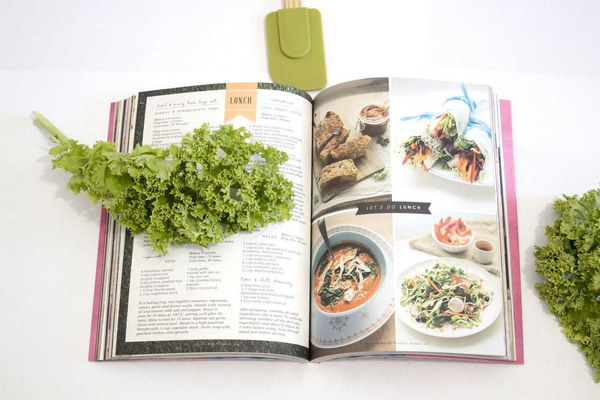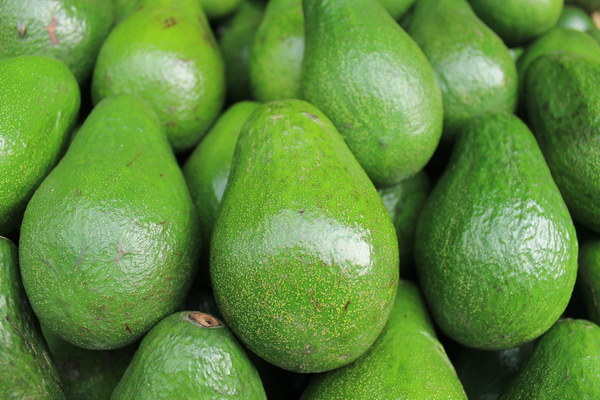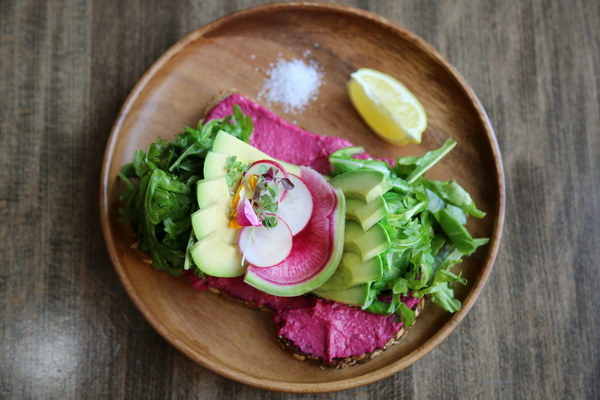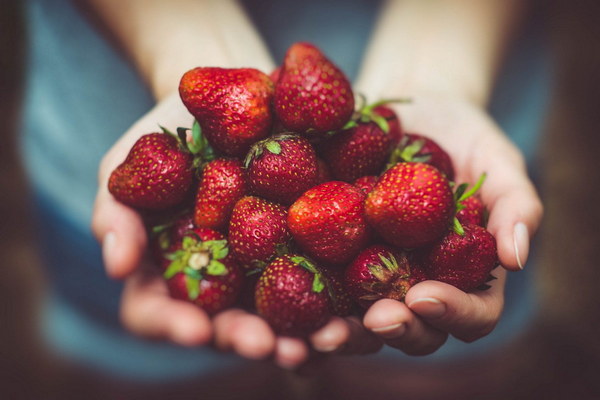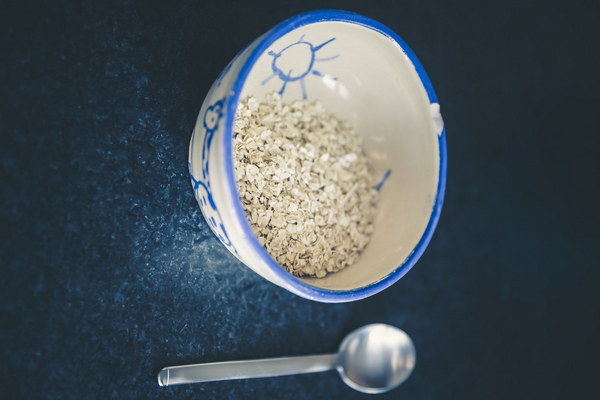Boost Your Immunity and Clear Mucus with Traditional Chinese Medicine's Healing Foods
In the realm of traditional Chinese medicine, the concept of Qi (vital energy) is central to maintaining health and well-being. When this vital energy is depleted or blocked, it can lead to a variety of ailments, including respiratory issues like coughs and phlegm. To combat these symptoms, a therapeutic approach called Yi Qi Qu Tan (invigorating Qi and resolving phlegm) uses a combination of foods and herbs known for their medicinal properties. This article explores the benefits of this ancient practice and offers a guide to creating a diet that supports respiratory health.
Understanding Yi Qi Qu Tan
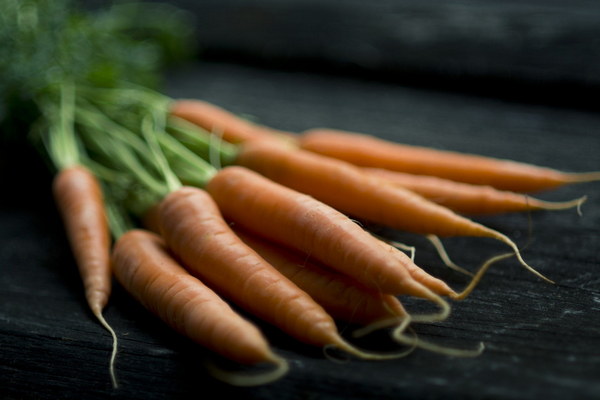
Yi Qi Qu Tan is a holistic approach that aims to strengthen the body's natural defenses while targeting the root cause of respiratory problems. By incorporating certain foods into the diet, individuals can help boost their Qi, expel phlegm, and alleviate the symptoms of respiratory disorders. The key is to choose ingredients that are warm, nourishing, and capable of resolving dampness in the body, which is believed to be the source of phlegm production.
Healing Foods for Yi Qi Qu Tan
1. Ganoderma Lucidum (Reishi Mushroom): Known for its immune-boosting properties, Reishi mushroom is a staple in Chinese medicine. It helps to regulate the immune system and reduce inflammation, making it an excellent choice for respiratory health.
2. Codonopsis Pilosula (Dang Shen): This root is highly prized for its ability to tonify Qi and enhance the immune system. It is often used in soups and teas to support overall well-being.
3. Astragalus (Huang Qi): A well-known adaptogen, Astragalus is used to strengthen the body's resistance to disease. It helps to boost the immune system and is particularly effective in clearing excess phlegm.
4. Goji Berries (Luòzǐ): These vibrant red berries are rich in antioxidants and are believed to nourish the kidneys, which, in turn, supports respiratory function.
5. Bamboo Shoots: These crunchy vegetables are diuretic and help to drain excess fluid from the body, reducing the buildup of phlegm.
6. Honey and Licorice Root: A combination of these sweeteners and the root, known as Honey and Licorice Syrup, is a popular remedy for soothing sore throats and thinning mucus.
Yi Qi Qu Tan Recipes
1. Reishi and Codonopsis Soup: Combine slices of Reishi and Codonopsis with chicken or pork bones, and simmer in water for several hours. Add herbs like astragalus and goji berries for added benefits. This soup is both nourishing and restorative.
2. Astragalus and Goji Tea: Brew a pot of tea using astragalus roots and goji berries. This tea is a simple way to incorporate the benefits of these herbs into your daily routine.
3. Bamboo Shoot and Pork Stir-Fry: Sauté bamboo shoots with thinly sliced pork, adding a dash of ginger and garlic for flavor. This dish is refreshing and helps to clear the lungs.
4. Honey and Licorice Syrup: Dissolve licorice root in water and simmer until reduced to a syrup. Add honey to taste and consume as needed to soothe a sore throat or to help expel phlegm.
Conclusion
By embracing the principles of Yi Qi Qu Tan, individuals can support their respiratory health through the power of food. Incorporating these healing foods into a balanced diet can provide relief from symptoms like coughs and phlegm, while also strengthening the immune system. As with any health regimen, it's best to consult with a healthcare professional or a qualified Chinese medicine practitioner to tailor the diet to individual needs and conditions.


